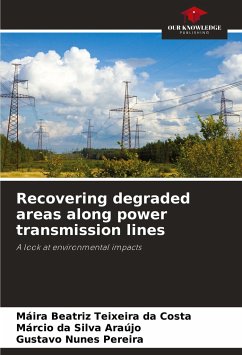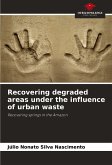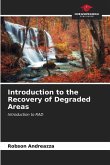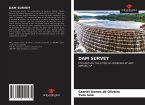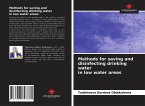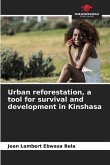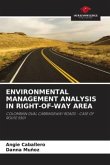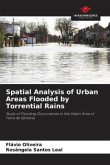Worldwide consumption of electricity is on the rise, sustained mainly by population growth and the relentless pursuit of socio-economic development. Thus, the growth of the electricity sector in Brazil is undeniable and, with it, comes the implementation of transmission lines, fundamental parts in the transportation and distribution of electricity from hydroelectric plants to consumer centers. Despite the benefits of this activity, it also has a number of environmental impacts, making it essential to implement a Degraded Area Recovery Program (PRAD) in order to comply with current legislation and minimize the impacts on the environment. The general aim of this work was to present a brief literature review on hydroelectric power in Brazil and its distribution throughout the country via transmission lines, and also to point out the main environmental impacts arising from the implementation of these projects and thus propose mitigation measures capable of preventing and/or mitigating environmental problems.
Bitte wählen Sie Ihr Anliegen aus.
Rechnungen
Retourenschein anfordern
Bestellstatus
Storno

